Spaghetti is a very popular food in my home and often we have leftovers. Is it safe to give these to my dog? Can dogs eat spaghetti? My dog is not very picky about what he eats and will usually gobble down most foods I give him. I do know that dog food provides all essential nutrients that he requires, yet I am tempted to supplement his meals with a bit of variety. Spaghetti noodles seem to be safe given the fact the noodle is a simple, basic, flour product that digests into sugar. There is not a lot of nutritional value in regular spaghetti, but there are studies that show wheat noodles and multi grain noodles can offer vitamins, nutrients and fiber that all bodies need.
Whether you wish to bulk up your dog, give him/her a treat, or simply make your dog food last longer, adding noodles to the bowl of your dog may seem like a good idea. You have plenty of noodles on hand and are cooking some for yourself, so why not add a handful extra in for good measure? Noodles are relatively low price, easy to find, and are a pantry staple. Adding spaghetti noodles to your dog’s diet may be easier than most people think, but whether spaghetti is a good thing for your dog or not, remains to be seen.
Spaghetti is one of the foods that dogs can eat occasionally provided that it is simply boiled and does not contain spices, salt, onions or garlic. The pasta that is used commonly in flour-based and does not contain much in term of nutrients; therefore, it is not likely to benefit your dog in any way. The only benefit to your dog will be an appetite suppressant and treat in the varied taste of kibble. Since the noodle does not have much nutritional base, offering the noodle will be done so simply for the joy of eating the noodle, not to benefit from the food.
Can Dogs Eat Spaghetti?
While spaghetti is not likely to cause much harm to your dog, you should only offer it to your pet occasionally. Additionally, you should not serve large portions of this food. There is very little by way of ingredients in the spaghetti noodle that could cause adverse effects in your dog. The only real drawback would be an upset stomach.
If your dog ends up eating a large amount of pasta, s/he is likely to get indigestion. In the event your dog has eaten a large amount of spaghetti, you will simply need to have your pup wait it out and learn from his/her mistake. You do not need to panic as overeating of noodles is not likely to require a visit to the vet! Making you dog comfortable would be the only option until the noodles pass through their system. You can do this by simply letting your dog rest, maybe rubbing the belly softly, using aromatherapy, and offering plenty of water. Much like your belly can be full after overindulging at Thanksgiving, there is no harm other than discomfort in your dog overindulging in spaghetti.
Is Your Dog Overweight?
As with pasta, spaghetti can cause weight gain. If your dog is overweight, you should avoid feeding any spaghetti. Spaghetti causes problems due to the large amounts of carbohydrates found in it. On its own, spaghetti may be difficult for your dog to digest; therefore it is best to serve it with some meat. Dogs need to have a balanced diet for a healthy life and the way that a dog’s system is designed, it needs lots of proteins.
Noodles digest and turn into sugar. Excess sugar will then turn into fat, causing weight gain in your dog without the benefit of any nutritional reason for over eating. Noodles are so low on the nutritional chain; there really is no reason for a dog to eat these, especially if the dog needs to lose weight rather than gain. An option to feeding your dog noodles would be to only use wheat noodles. These noodles do not cause as much sugar to go into the system and for weight to accumulate as fast. If you must offer spaghetti, offer the type that does the least harm-wheat.
Does Your Dog Need Protein?
Your dog is a carnivorous animal and needs proteins to form the major part of the diet. In the natural environment or in the wild, your dog would not come across spaghetti at all. Spaghetti does not carry any nutritional advantages for your dog and not having spaghetti in his meals will not cause any harm. A good rule of thumb to remember when debating which food to offer your dog is ‘was this food available to dogs in the wild, when evolution and nutritional need decided what a dog ate?’ More often than not, the answer will be no. The wild offered dogs sources of meat and water, with a bit of plantation mixed in for good measure. Dogs happily ate meat without complaint of a desire for variety of for the taste of a noodle. You must not feel guilty or give into temptation when offering dogs spaghetti. Nutrition comes first and a meat source should always be offered before a grain source.
Can Spaghetti Be a Treat?
If you feed your dog high quality dog food regularly, you may give him/her some spaghetti once in a while if you feel like giving it a bit of variety in its meals. It can be safe as a treat but only occasionally. As too much can cause your dog to gain too much weight, occasional use will not cause this. You may have to brush your dog’s teeth later as the mushy texture may get stuck to the dog’s teeth. The sugar from the breakdown of spaghetti may also adhere to the teeth and gum line, so either brushing teeth or offering a chew bone would be a good option.
Spaghetti isn’t the Best Treat
There are several other options among foods that can be used as treats or snacks for your dog. Although spaghetti noodles are inexpensive and can be prepared easily, they are not the best foods for your dog. Each time your family has spaghetti for a meal; your dog does not need to take part. Lean meats are the best foods for canines as they will ensure proper health and fitness. You may of course use spaghetti as an emergency meal if you run out of dog food. Noodles can be used to ward off hunger and suppress appetite, but only until you have time to run to the store for proper kibble within a reasonable amount of time.
Does Your Dog Need a Variety of Foods?
Although your dog’s excitement at getting food from your plate may be fun to see, the excitement and affection does not really mean much. Dogs are opportunists and get fun out of tricking you into feeding them extra food. All your dog really needs is dog food. Kibble is specially formulated as it gives them all the nutritional value they need. They do not have much sense of taste due to which eating the same food every day does not cause them to get bored with it either.
Dogs Are Boring Eaters
People cannot possibly eat the same food every day and think that their dogs have the same requirement; this is completely untrue. Eating a variety of delicious foods carries no benefit for dogs. Just as in the wild, dogs did not have the ability to pick and choose the foods to eat depending upon taste, texture, and color. Therefore, dogs in our modern world have evolved to not crave excitement when eating and simply be happy with whatever food has been offered. As long as you are giving your dog healthy and suitable food, you should not become stressed or feel bad for not adding a variety of foods to your dog’s meals. Your dog truly does not know any different, or particularly care either.
What Are the Right Foods for Your Dog?
For information about what foods are good for your dog, browse our website or visit the veterinarian and ask for professional advice on the best foods for your dog. Good eating habits go a long way in ensuring that your dog lives a healthy and long life. The key is to look for foods that the dog would eat in the natural habitat and in the wild. If you must incorporate human food into the diet of your dog, do so in moderation, and by using whole foods. Offering whole foods will give your dog additional vitamins and nutrients, without much risk of side effect. There are also certain spices like onion and garlic that must be avoided. Whole foods in a raw state and unseasoned should be the only option your dog has for table scraps.
Conclusion
Spaghetti is undoubtedly a very popular food for many people. While it does not cause much harm to dogs as an occasional meal; it may cause obesity and poor health for your dog if you feed it regularly or in large quantities. Besides the risk for becoming overweight, the food may also trick a dog into thinking spaghetti should be the only meal. Your dog could become fond of the noodle and refuse kibble or other healthier options until spaghetti is served. Too much of a good thing is always wrong, especially in the case of dogs and spaghetti. Yes, dogs can eat spaghetti but not too frequently and in smaller quantities.
References:
http://www.msn.com/en-us/lifestyle/pets/10-surprising-people-foods-dogs-can-eat/ss-BBi0ZoT
http://canigivemydog.com/pasta
http://pets.webmd.com/dogs/ss/slideshow-foods-your-dog-should-never-eat
https://answers.yahoo.com/question/index?qid=20120726145005AAiqsiB

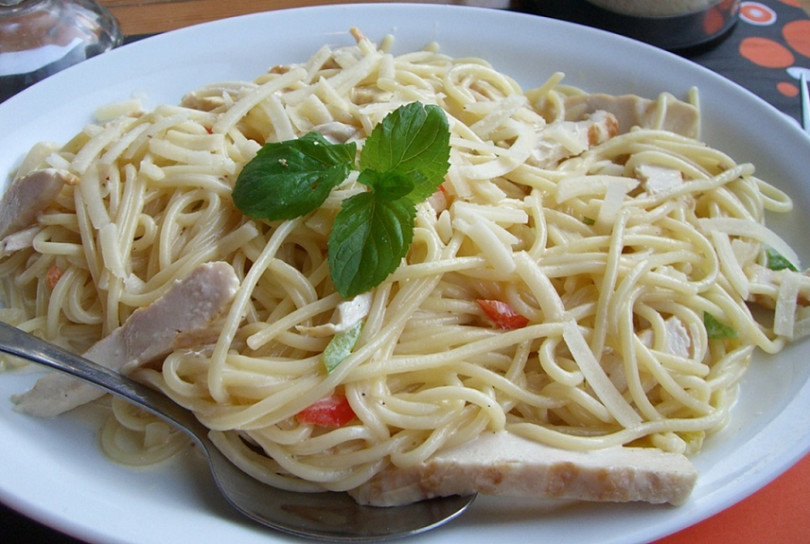
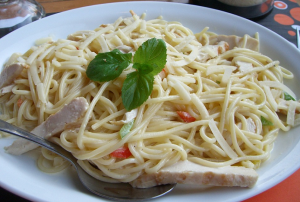
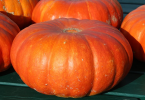
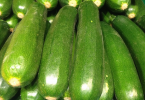
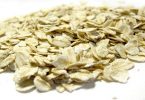
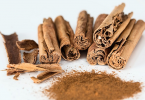
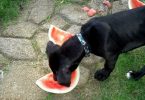
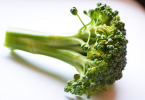
Leave a Comment